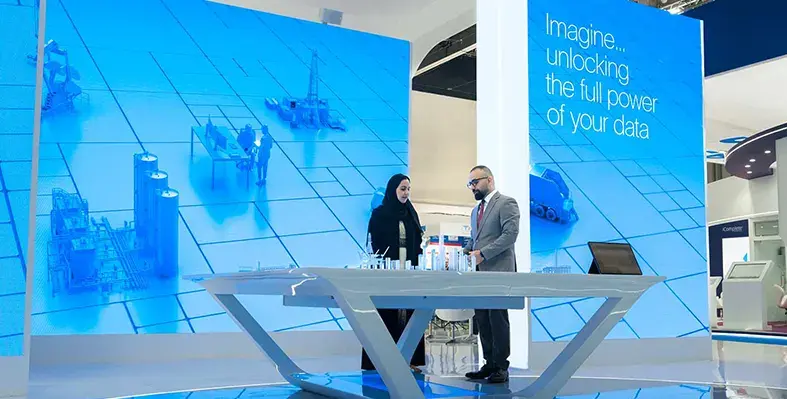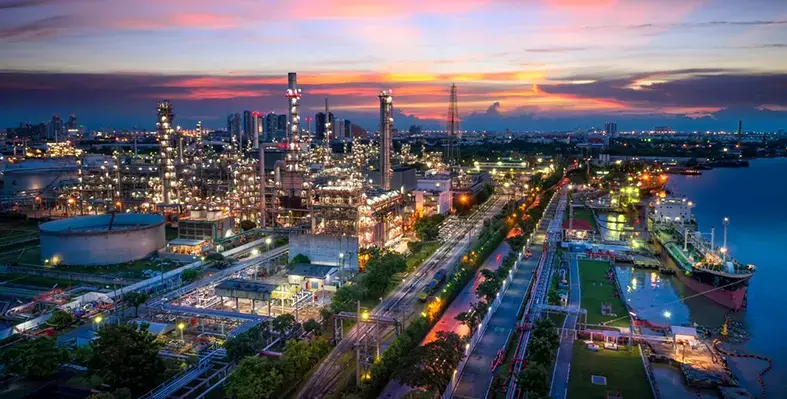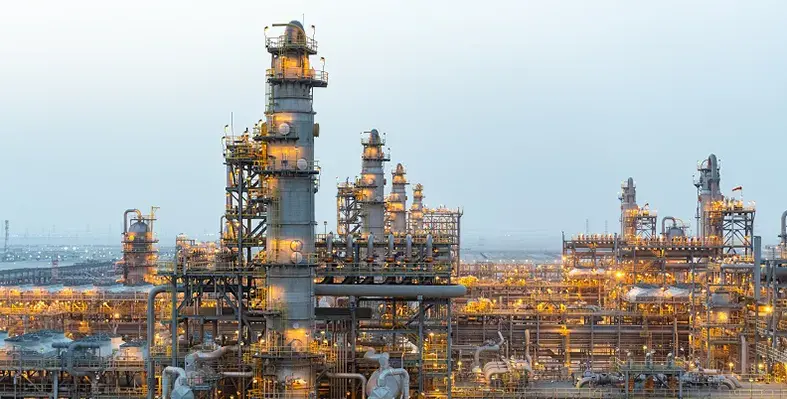
The system monitors cementing equipment in real-time, prepares for upcoming jobs, and provides direct insight into equipment operation and performance. (Image source: Halliburton)
Halliburton has launched LOGIX unit vitality, an AI-powered platform that delivers actionable insights that improve equipment readiness, reduce downtime, and optimise operational efficiency
The system monitors cementing equipment in real-time, prepares for upcoming jobs, and provides direct insight into equipment operation and performance.
The platform uses real-time data and AI-driven models to provide actionable insights into equipment readiness that help increase reliability, efficiency, and barrier execution consistency. The system connects critical cement unit components to intelligent controllers and monitors more than 400 real-time parameters to ensure optimal performance. Data flows into a secure cloud, where machine learning models immediately process and analyse it to deliver constant insight into equipment health, operational readiness, operator performance, and preventive maintenance recommendations.
In high-demand cementing environments, equipment reliability is essential. Traditional maintenance methods, such as manual inspections and scheduled tests, often miss early signs of wear. This approach can lead to failures between inspections, unplanned downtime, and fails to provide real-time insights into equipment health.
LOGIX unit vitality combines the power of AI with human expertise to operate smarter, respond faster, and execute with confidence. This system supports Halliburton's land-based Elite and the new Elite Prime cement units. Offshore equipment deployment will begin in 2026.
“LOGIX unit vitality delivers unprecedented visibility into equipment health and operator performance. Artificial intelligence (AI) and real-time data transform equipment maintenance from reactive to predictive to help customers gain greater insight into their operations and reduce non-productive time,” said Daniel Casale, vice president, Cementing, Halliburton.
The LOGIX automation and remote operations family of solutions includes analytics and visualisation services that deliver reliability, consistency, and efficiency. This enables smarter decisions, improved performance, safer operations, and lower total cost of ownership. LOGIX™ automation and remote operations helps provide the insights and solutions that operators need to maximize their asset value. With real-time adaptability from machine learning algorithms and dynamic adjustment of drilling parameters, LOGIX™ automation and remote operations helps ensure optimal operations even in difficult geological formations.











